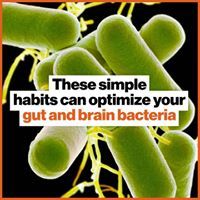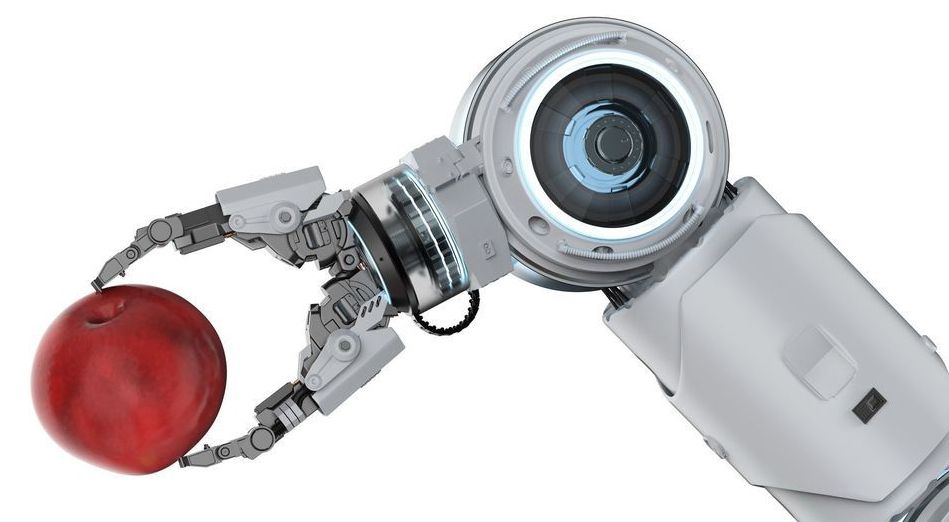The next time you shop for cherry tomatoes at Whole Foods or another retailer, you may end up buying some grown in an indoor, controlled environment outfitted with the latest robotic technology. Ohio will get the first fully automated indoor farm in the United States. 80 Acres Farms plans to build one in Hamilton, a suburb of Cincinnati, by the end of the year. The farm will have grow centers for greens, such as herbs and kale, and will supply produce to multiple retailers and distributors.
80 Acres Farms plans to construct the fully automated indoor farm in three phases. When it finishes, the farm will be 150,000 square feet of controlled environmental agriculture (CEA). Mike Zelkind, cofounder and chief executive officer of 80 Acres Farms, explains that the company uses “renewable energy, very little water and no pesticides.” The Hamilton farm will produce leafy greens, microgreens, kale and herbs for retailers such as Whole Foods Markets, Jungle Jims, Dorothy Lane Markets, U.S. Foods and others.








